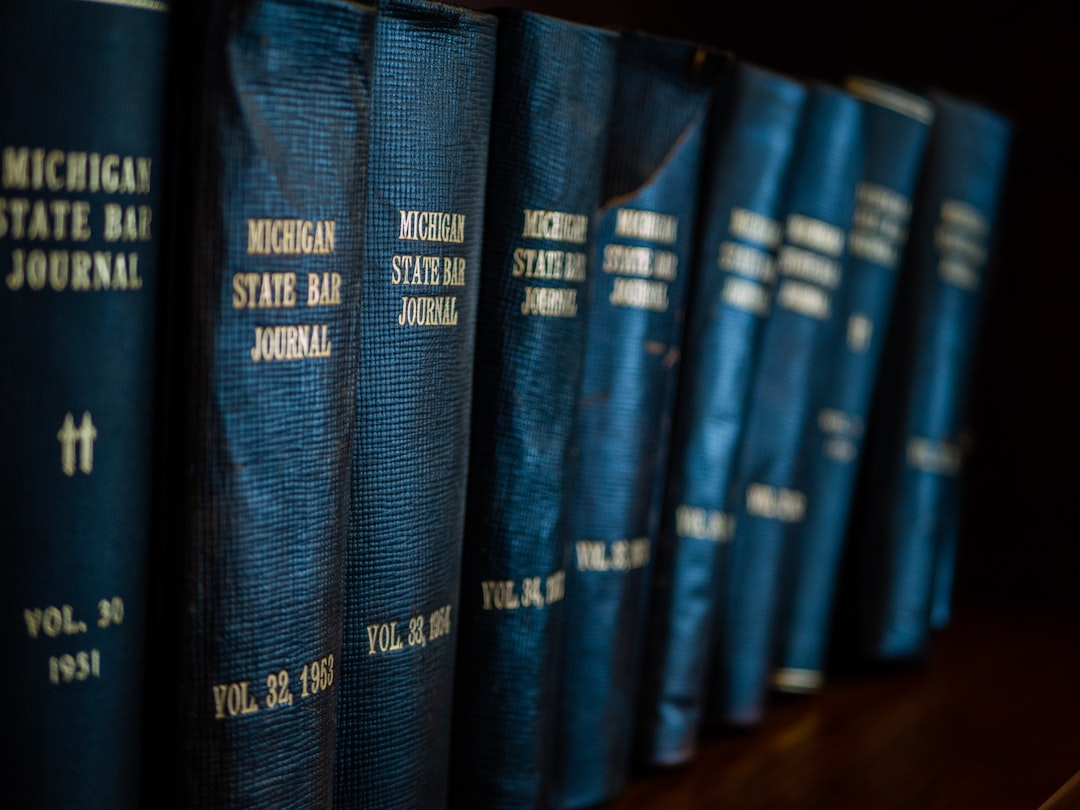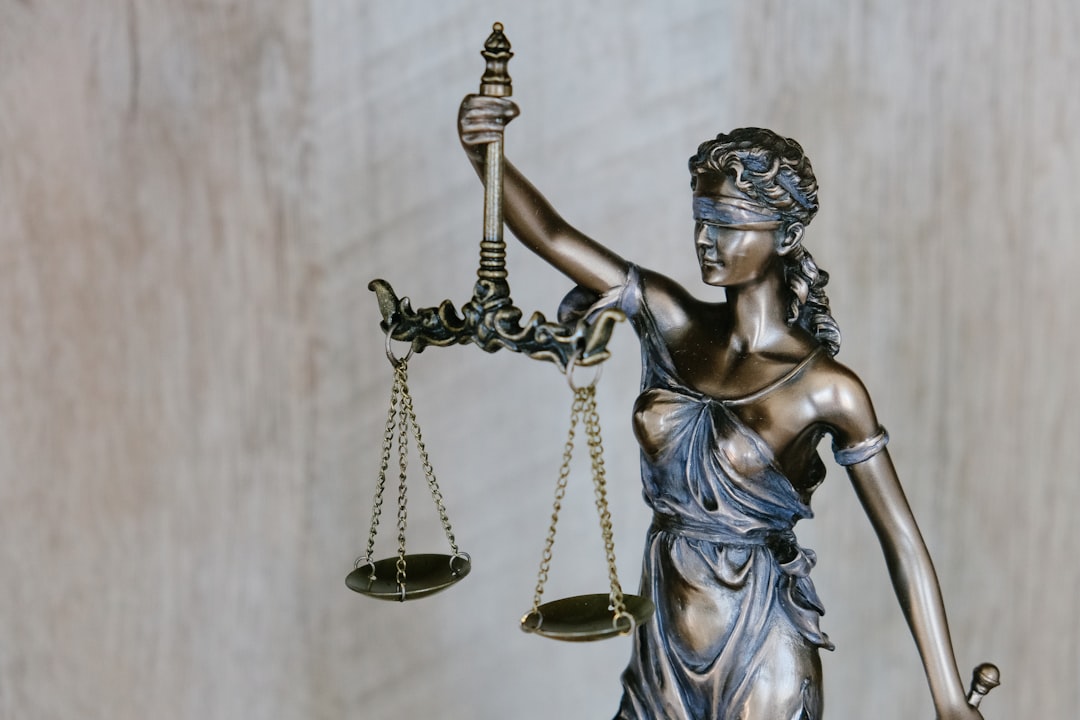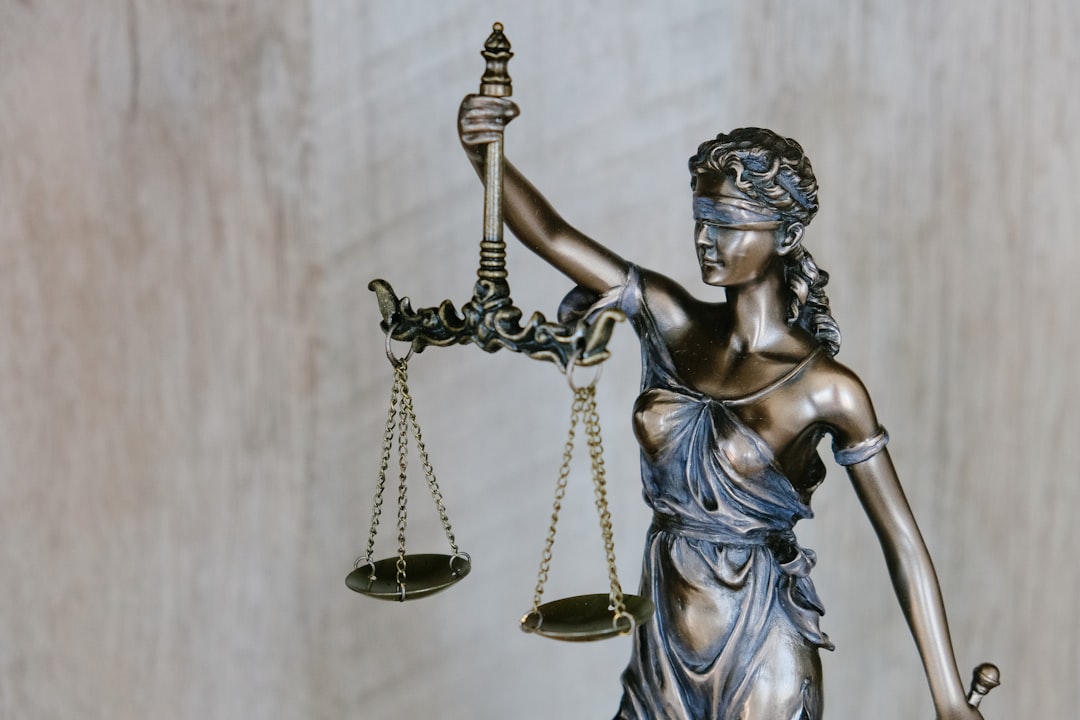Maryland's rape shield laws protect sexual assault victims by limiting the admissibility of their past sexual history in court unless directly relevant to consent or material issues. These laws, supported by specialized rape law firms, empower survivors to report assaults without worry about privacy breaches. Exceptions exist for demonstrating consent through ongoing relationships and establishing patterns of sexual assault propensity. Overall, Maryland's commitment to these laws creates a safer and more empowering environment for victims within the criminal justice system.
In Maryland, rape shield laws are designed to protect victims and ensure fair trials. These laws, strictly governed by rape law firms in Maryland, limit the admissibility of evidence related to a victim’s sexual history. Understanding these laws is crucial for both victims navigating criminal justice proceedings and attorneys advocating on their behalf. This article explores who the law protects, evidence rules, exceptions, and its profound impact on victims’ experiences.
Understanding Maryland's Rape Shield Laws
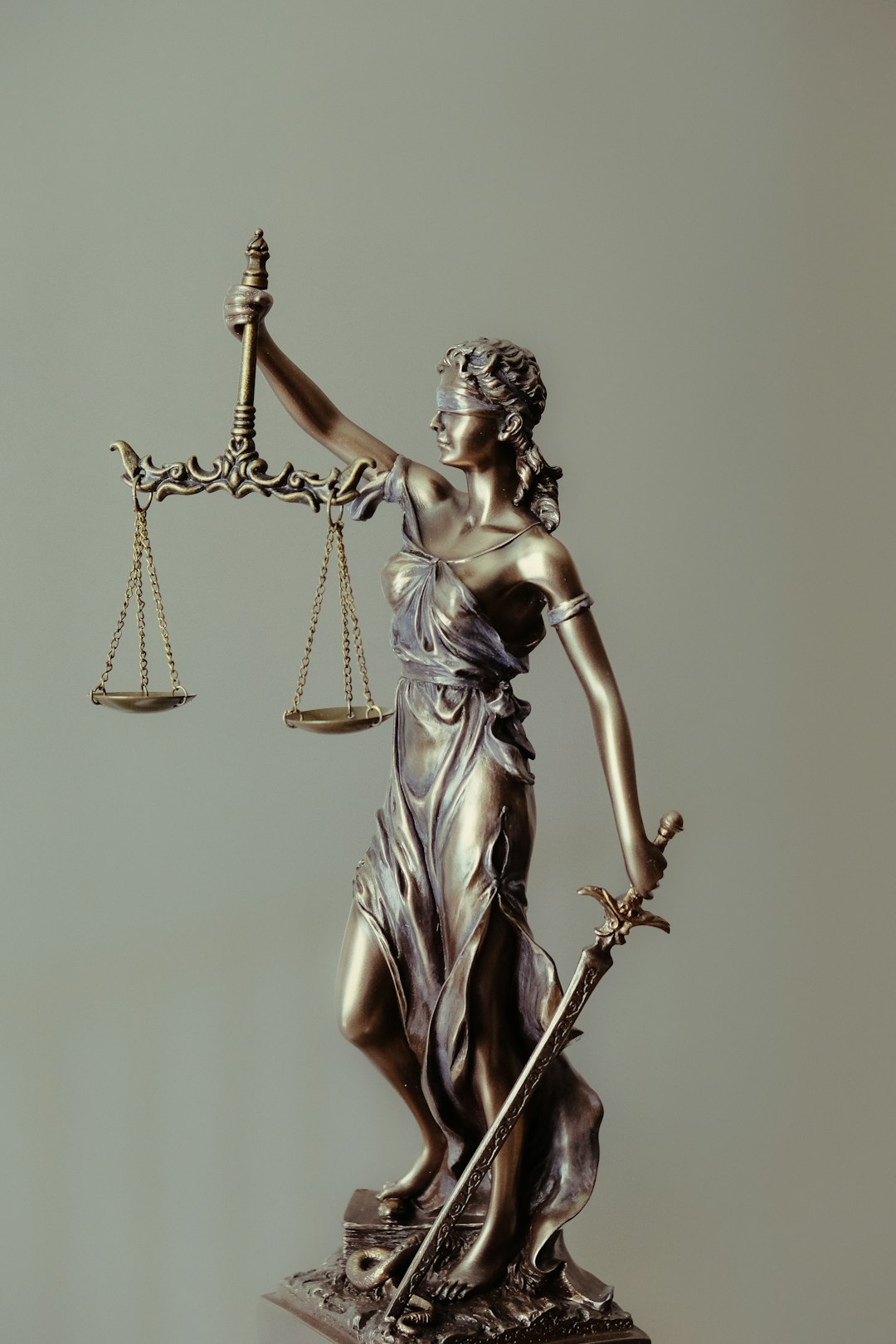
In Maryland, rape shield laws are designed to protect victims and ensure their privacy while navigating the legal system. These laws, also known as sexual assault protection statutes, significantly impact how evidence related to sexual assaults is handled in court. The primary goal is to prevent the victimization of survivors by keeping their intimate details confidential. Under Maryland’s rape shield laws, a survivor’s past sexual history is generally inadmissible in court unless it falls into specific exceptions, such as consent or relevance to the current assault case.
Rape law firms in Maryland often emphasize these legal protections when assisting victims. Understanding these laws empowers survivors to report assaults without fear that their personal information will be exposed. This legislation plays a crucial role in encouraging victims to come forward and seek justice, knowing that their privacy is safeguarded throughout the legal process.
Who Does the Law Protect?
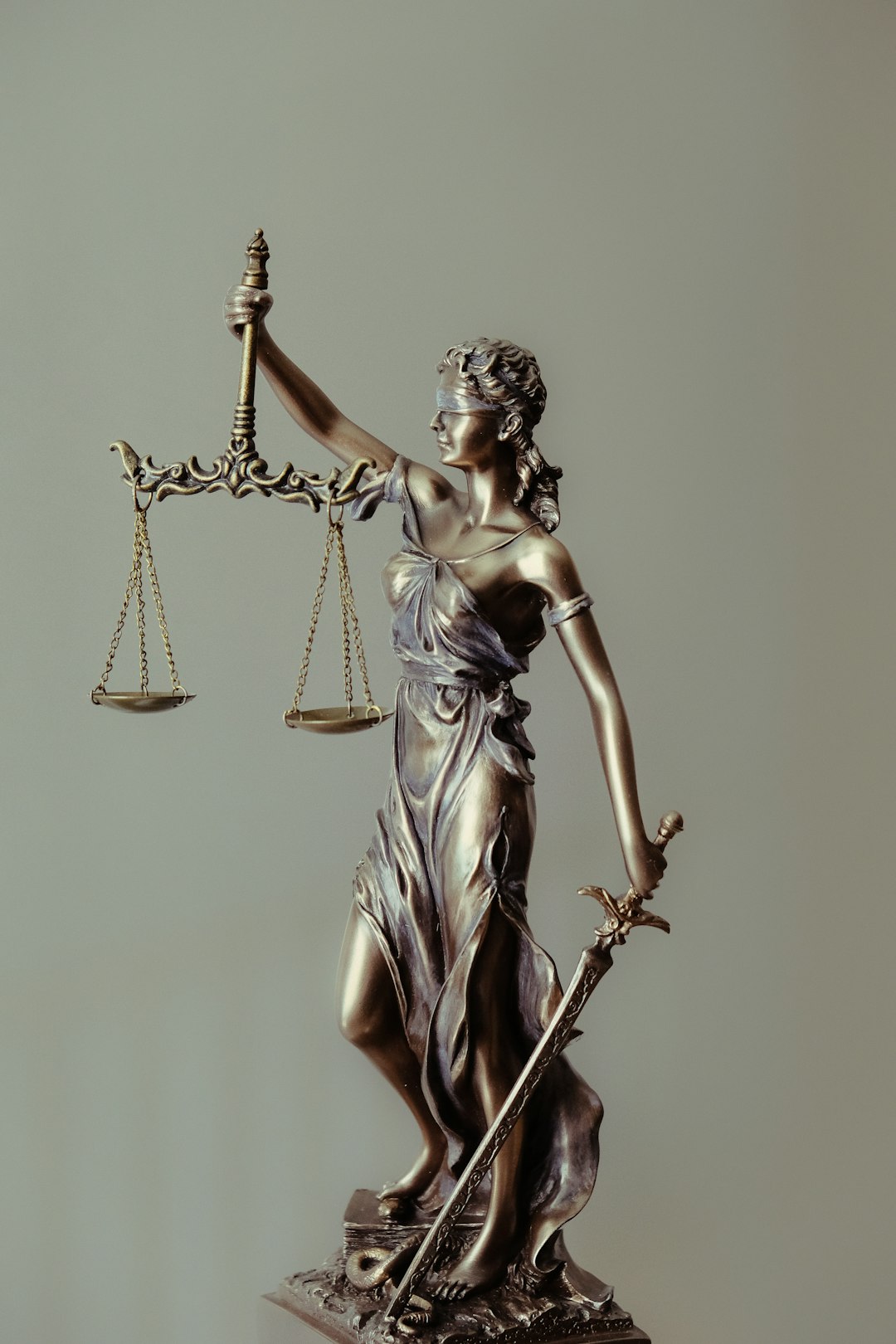
In Maryland, the Rape Shield Laws are designed to protect victims of sexual assault and ensure they receive justice. These laws primarily safeguard individuals who have been victims of rapes, sexual abductions, or any form of unwanted sexual contact. The protection extends not only to physical acts but also includes attempts and threats, ensuring a comprehensive legal framework for victims.
The Maryland rape shield legislation is particularly significant as it limits the introduction of certain types of evidence in court proceedings, such as the victim’s past sexual history. This is done to prevent the stigmatization and re-traumatization of survivors. The law ensures that the focus remains on the current case, promoting fair trials while prioritizing the well-being of sexual assault victims. Moreover, it encourages victims to come forward and pursue legal action without fear of their personal information being used against them, thus fostering a safer environment for reporting and prosecution through the support of reputable rape law firms in Maryland.
Evidence and Testimony Rules
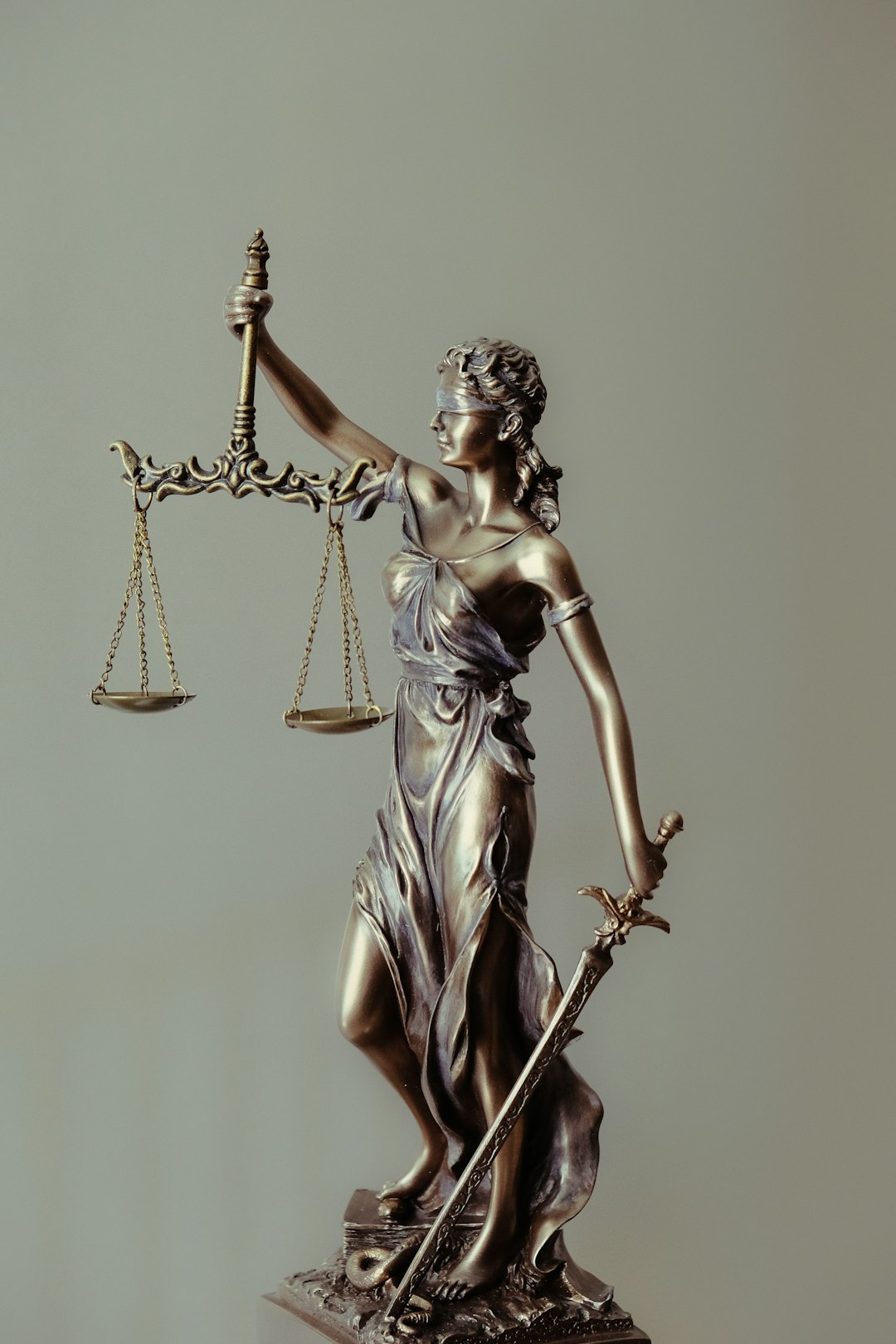
In Maryland, rape shield laws have established stringent rules regarding evidence and testimony in sexual assault cases. These laws aim to protect victims by minimizing the potential for their past behaviors or character to be used against them. For instance, under Maryland law, evidence of a victim’s previous sexual activity is generally inadmissible unless it is relevant to prove consent or some other material issue in the case. Rape law firms in Maryland emphasize that this rule prevents the “backdoor” admission of such evidence through indirect references or implied associations.
Moreover, the state has guidelines for witness testimony, ensuring victims’ privacy and safety. Testimony related to the assault must be presented in a way that does not divulge graphic details unnecessary for the case’s resolution. This approach fosters a more sensitive trial environment for victims while allowing for the fair presentation of evidence. By adhering to these evidence and testimony rules, Maryland’s rape shield laws continue to offer robust protection for sexual assault survivors.
Exceptions and Limitations

Despite the strong protections offered by Maryland’s Rape Shield Laws, it’s important to understand that there are exceptions and limitations. These laws generally prohibit evidence of a victim’s past sexual history from being admitted in court, protecting them from potential embarrassment or stigma. However, certain circumstances allow for exceptions. For instance, if the defendant can prove consent through evidence of a continuing relationship with the victim after the alleged incident, this might be admissible. Additionally, rape law firms in Maryland may argue that evidence of previous sexual acts is relevant to establish a pattern or propensity towards sexual assault, especially in cases where DNA or forensic evidence links the defendant to the crime.
When navigating these laws, it’s crucial for victims to consult with experienced rape law firms in Maryland. These legal professionals can guide them through the complexities and help ensure their rights are protected throughout the legal process. They can also advise on how to handle potential challenges from the defense, including attempts to introduce irrelevant or prejudicial information that could undermine the case.
The Impact on Victims and Criminal Justice Proceedings
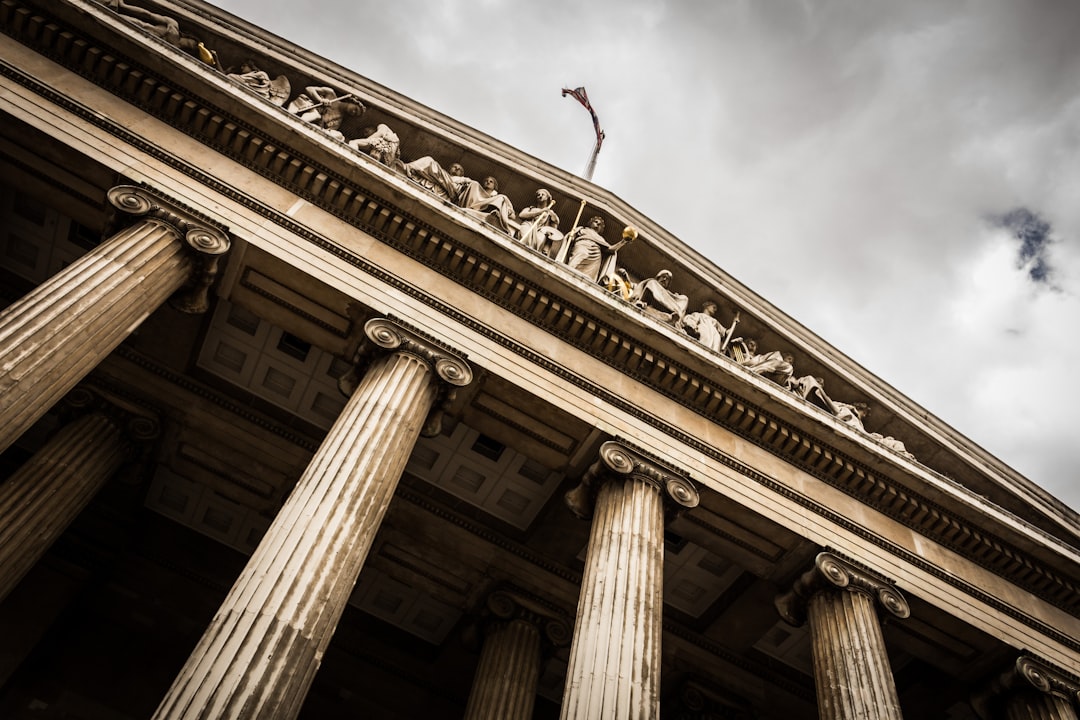
For victims of sexual assault, navigating the criminal justice system can be a daunting and traumatic experience. Maryland’s Rape Shield Laws are designed to protect survivors and ensure their privacy during legal proceedings. These laws significantly impact the way cases unfold, creating a safer environment for victims to come forward and share their stories. By shielding sensitive personal information, victims feel more empowered to report crimes, knowing their intimate details will not be used against them in court.
Rape shield legislation plays a crucial role in maintaining fairness within criminal justice proceedings. It discourages the admission of prejudicial evidence, such as past sexual behavior or character, which might otherwise hinder a victim’s credibility. This legal framework enables victims to focus on telling their story without facing public scrutiny or embarrassment, ultimately fostering an environment conducive to seeking justice and healing. Maryland’s commitment to these rape law firms helps ensure that survivors receive the support they need while holding perpetrators accountable.

